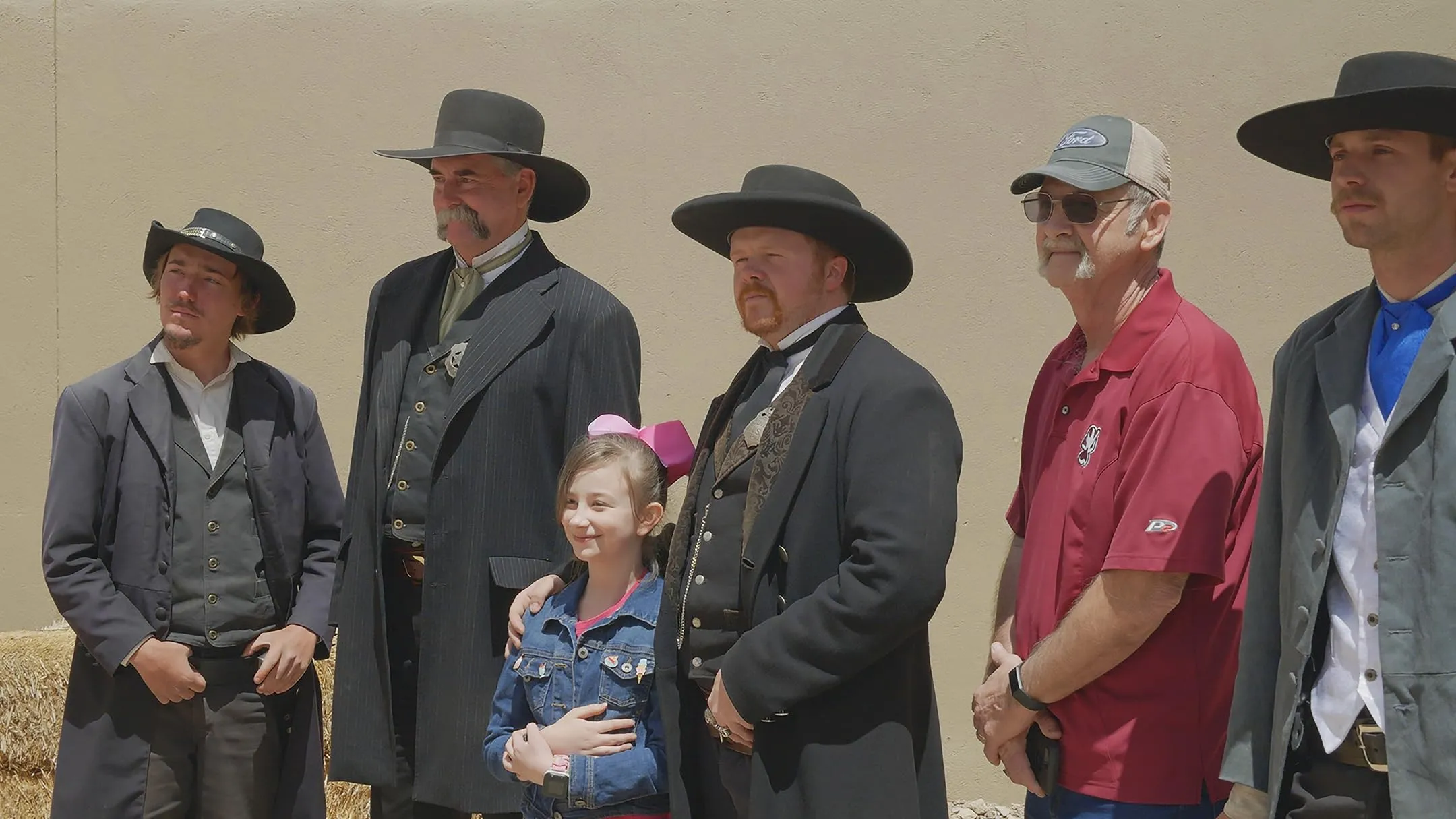Alexander Horwath’s documentary, “Henry Fonda For President,” is not your typical biographical piece. Think of it as a deep, almost forensic, dive into the cinematic soul of Henry Fonda, yes, but through him, an exploration of America itself.
This Austrian film historian crafts an expansive, truly meticulous argument proposing that Fonda’s on-screen presence became indivisible from America’s vision of its own character and history. It’s a considerable undertaking, drawing from a treasure trove of archival material and piecing it together with a very particular, almost academic, rhythm.
Many of us picture Fonda as the definitive American – upright, honest, steady. Horwath’s film, however, invites us to look closer, at the more complex, sometimes shadowy, spaces between the man on screen and the nation he came to symbolize.
The Celluloid Everyman and a Nation’s Soul
The core of Horwath’s film is this potent idea: Henry Fonda, through the characters he brought to life, became a vessel for American ideals, its virtues, and, quite pointedly, its deep-seated contradictions.
When you watch Horwath dissect performances like Fonda’s Abraham Lincoln, the salt-of-the-earth Tom Joad, or the determined Wyatt Earp, you see how these weren’t just roles; they were touchstones reflecting how America saw itself, or wanted to see itself, at different historical junctures.
The documentary essentially charts a course through American history using Fonda’s filmography as its guide, a fascinating way to see how cultural self-perception is built.
What adds a powerful emotional layer is the inclusion of Fonda’s own voice, particularly from a raw 1981 interview, where he sounds almost dismissive of that “typical American” label. This dissonance between the public image and private sentiment is where the film finds some of its most resonant moments.
Weaving a Nation’s Story: Horwath’s Method
Horwath’s approach to storytelling here is quite distinct; it feels like watching a scholar meticulously lay out his evidence. The sheer volume of archival material is impressive: obviously, countless clips from Fonda’s films, but also TV spots like that memorable “Maude” appearance, old radio bits, and, crucially, tapes from Lawrence Grobel’s 1981 interview.
Hearing Fonda’s voice then – older, raspy, sometimes irritable – offers an unguarded quality that’s quite affecting. Horwath then layers this by cutting between these historical fragments and new footage of the places that shaped Fonda or his movies: the actual village of Fonda, New York, or a tourist-filled Tombstone. This creates a dialogue between past and present.
Horwath even narrates parts himself, connecting his early cinematic encounters with Fonda to the film’s broader sweep, guiding us through a timeline that interlaces an actor’s life with a nation’s unfolding drama, though the film’s three-hour length demands a certain patience from the viewer.
The Burden of Virtue: Fonda’s Reluctant Heroes
One of the really sharp observations Horwath pulls out is the recurring figure of the “wrong man” in Fonda’s body of work. Think of his characters in “The Wrong Man” itself, or those staunchly defending the falsely accused in “12 Angry Men” or “The Ox-Bow Incident.”
This isn’t just an actor’s typecasting; the film argues it’s a motif that allows for a deeper look at flaws in the American justice system and even the instability of individual identity in a society quick to judge. This narrative thread feels even more poignant when set against Fonda’s own apparent discomfort with the halo of moral authority placed upon him; a palpable tension exists between the celebrated screen icon and the more guarded private individual.
The documentary’s title, taken from that “Maude” episode where the character champions Fonda for president, becomes a telling piece of social commentary. It cleverly points to America’s penchant for looking to its actors for leadership, contrasting the kind of thoughtful, if reluctant, integrity Fonda projected with the more easily packaged personas that would later find political success.
Beyond the Silver Screen: A Nation in the Mirror
Ultimately, “Henry Fonda For President” uses its subject to pose wider questions about how a nation sees itself through its cinema. Horwath positions Fonda’s career as a critical tool to examine Hollywood’s role in crafting and selling national myths—the romanticized West, the noble struggle of the Depression.
You see how Fonda’s roles sometimes played into these clean narratives, but at other times, especially as his characters grew more complex, they could subtly question or even dismantle them.
The film leaves you with Fonda not as some flawless hero, but as a more intricate, perhaps even a “cracked,” reflection of America itself – a mirror showing its brightest aspirations alongside its uncomfortable truths and lingering failures.
In an age where the lines between screen presence and political influence seem more blurred than ever, Horwath’s deep consideration of Fonda’s legacy feels particularly relevant, prompting thoughts on who we choose to represent our ideals.
Full Credits
Director: Alexander Horwath
Writer: Alexander Horwath
Producers: Ralph Wieser, Irene Höfer, Andreas Schroth
Executive Producers: Information not publicly available
Cast: Henry Fonda, Jane Fonda, Peter Fonda, Robert De Niro, Jodie Foster, John Hurt, Peter O’Toole, Nancy Reagan, Ronald Reagan, Robert Redford, Sissy Spacek
Director of Photography (Cinematographer): Michael Palm
Editor: Michael Palm
The Review
Henry Fonda For President
"Henry Fonda For President" is a deeply considered, ambitious cinematic essay rather than a straightforward biography. For viewers fascinated by the intricate dance between Hollywood stardom, American identity, and historical narrative, Horwath’s meticulous, if lengthy, exploration offers substantial food for thought. It demands attention but rewards with its insightful deconstruction of an icon and the nation he often mirrored. This is a valuable piece for the dedicated cinephile and cultural historian.
PROS
- Offers a profound, detailed analysis of Fonda's cinematic impact.
- Utilizes an impressive wealth of rare archival footage and interviews.
- Thought-provokingly links an actor's persona to broader American historical and cultural narratives.
- Successfully illuminates the complexities behind a legendary screen image.
CONS
- Its three-hour runtime can feel demanding.
- The academic, essayistic style may not engage all viewers.
- Some historical or thematic connections might seem quite specific to the director's interpretation.
